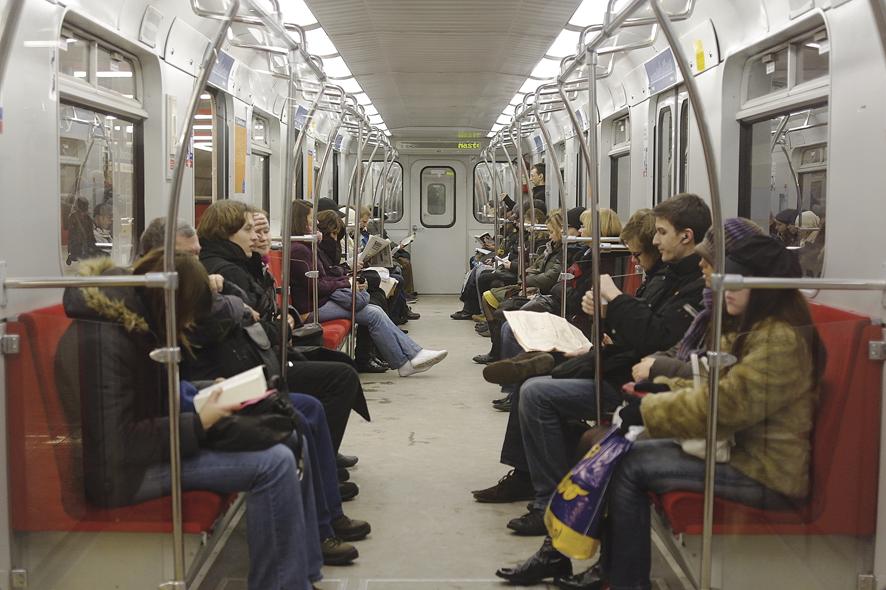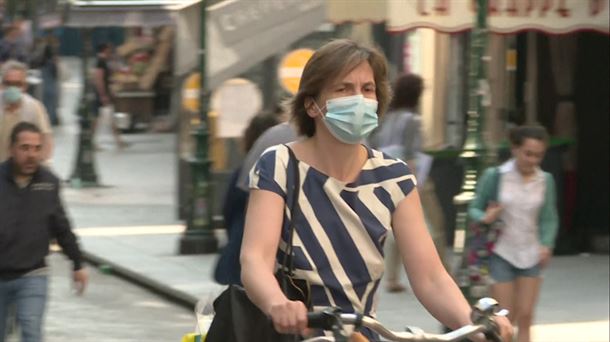Anti-vaccine attitude during the pandemic
2020/05/25 Galarraga Aiestaran, Ana - Elhuyar Zientzia Iturria: Elhuyar aldizkaria
Published in Berria on 17 May 2020

One might think that the anti-vaccine movement was going to be reduced lately, as the vaccine is the most effective solution to combat covid-19.
However, it does not seem like this, since a study conducted on Facebook has shown that few have a position contrary to vaccines, but have more interactions and influence than others. The research has been led by the University of George Washington and the journal Nature has released the results.
They have specified that on Facebook almost 100 million people who think about vaccines have investigated their opinions to draw conclusions and have given the reason to choose this social network: On Twitter academics also participate, while on Facebook communities predominate and have no limits to work, feed and develop ideas in depth.
Thus, vaccination groups of all countries and any language have been gathered, divided into three groups: dubious, supporters and opposites. Below is a map with the pages with which each group and the number of followers of each page are related.
According to the map, anti-vaccine leaves are minority, but are located in the center of the network. This means they have many interactions and have a close relationship with neutral groups. On the contrary, vaccine advocates appear at the edges of the map.
Seeing the content they broadcast, they have realized that supporters only give a message: "Vaccines are beneficial, they save lives." On the contrary, opponents transmit a wide variety of messages, not only that vaccines can harm, but those related to social organization or the system: that children are responsible, that alternative medicine is better, that vaccines are an instrument of the system…
Therefore, it is not easy to create strategies to change the opinion of vaccine opponents, because they believe they are based on more than one reason. And it does not seem that the gravity of covid-19 has influenced. In a survey on confinement in France (COCONEL), one in four inhabitants has seen that they would give up the covid-19 vaccine if available.
Even before confinement, they measured confidence in the vaccines of the parents of five European countries, while the French were the least trusted. At the other end were the Spaniards, among them those from Italy, Germany and the United Kingdom. According to this French survey, the suspicion of vaccines has increased. The main reason to reject the possible COVID-19 vaccine is that they consider a vaccine so fast dangerous. Others oppose all vaccines and, finally, a small percentage believe it is useless because covid-19 is not so serious.
According to the authors of the Facebook study, it is essential that the development of the vaccine is transparent and clear, since otherwise there is a risk of increasing the suspicion. In fact, there are movements to speed up vaccine research: some of them ask for volunteers so they can become infected and test the effectiveness of the experimental vaccine. In addition to the ethical doubts that arouse this type of trails, we must take into account its possible influence on public opinion. It would be an unacceptable failure to develop the vaccine and then people would give up vaccinations.

Gai honi buruzko eduki gehiago
Elhuyarrek garatutako teknologia





